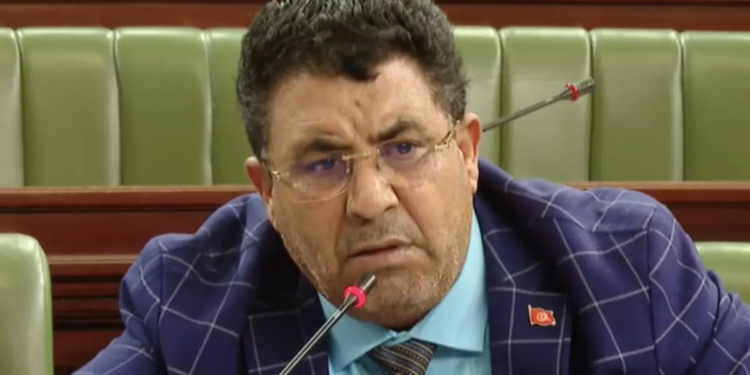During the joint plenary session devoted to the budget of the Ministry of Women, MP Abdessattar Zarai created a surprise by affirming that polygamy could “solve many problems in Tunisian society”. A statement which revives a historic controversy at the heart of the hemicycle.
An intervention that bursts into the budgetary debate
In the middle of discussion of the 2026 budget of the Ministry of Women, Abdessattar Zarai took the floor to defend an unusual idea in the parliamentary enclosure: “Polygamy is a legitimate system, instituted by God. Why are we prohibiting what God has authorized?”, he launched in front of the two chambers together.
The MP assured that many Tunisians were “waiting for him to address this subject”, believing that polygamy could be a response to certain family difficulties.
A justification presented as “social”
Wishing to anticipate criticism, Zarai clarified that it is neither a question of forcing a man to take several wives, nor of forcing a woman to accept this situation. According to him, the main issue would be to “correct family dysfunctions” and “restore a form of justice” within certain households.
A speech that goes against the grain of the Tunisian legal arsenal
The MP’s exit comes at a time when polygamy has been strictly prohibited in Tunisia since 1956, one of the cornerstones of the modernization of family law under the Constitution and the legislation inherited from Bourguiba’s reform.
By relaunching this debate in an institutional framework, Zarai is tackling head-on a legal and social taboo, which risks fueling a lively confrontation with feminist organizations, human rights defenders, lawyers and a large part of the political class.
Although the intervention did not provoke an immediate confrontation in the chamber, it should provoke a wave of reactions in public opinion. The subject touches on identity, the status of women, and the modernist or conservative orientation of the country.
Read also








